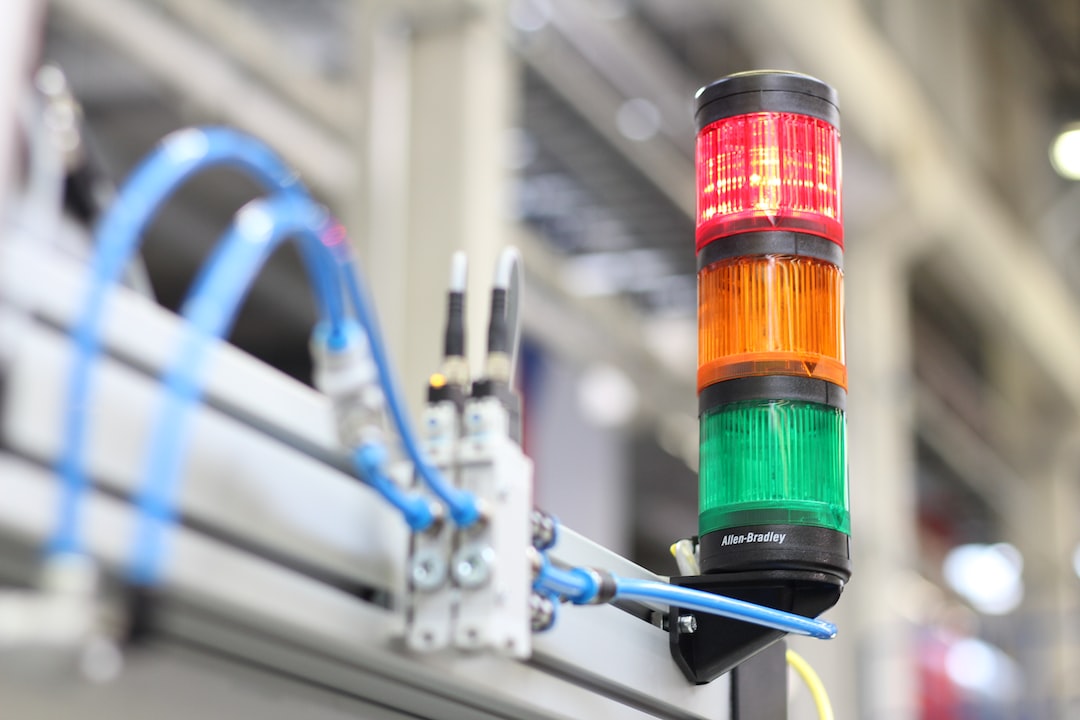The Role of Artificial Intelligence in Manufacturing Processes
Artificial Intelligence (AI) has revolutionized many industries, and manufacturing is no exception. With its ability to analyze large amounts of data, learn from it, and make informed decisions, AI has become an integral part of modern manufacturing processes. In this blog post, we will explore the role of AI in manufacturing and discuss its impact on efficiency, quality control, and predictive maintenance.
One of the main advantages of AI in manufacturing is its ability to improve efficiency. Through machine learning algorithms, AI systems can analyze historical data to identify patterns and optimize manufacturing processes. For example, AI can analyze production line data to identify bottlenecks or areas where inefficiencies occur. This enables manufacturers to make informed decisions to optimize their processes, leading to increased productivity and reduced costs.
AI is also playing a crucial role in quality control in manufacturing. Traditionally, quality control has been a manual and time-consuming process. However, AI systems can now use computer vision to identify defects in real-time. By analyzing images and comparing them to predefined standards, AI can quickly identify any deviations and alert operators. This not only improves the efficiency of quality control processes but also reduces the likelihood of defective products reaching customers.
Moreover, AI has the potential to revolutionize predictive maintenance in manufacturing. By using sensors and collecting real-time data from machines, AI can detect signs of potential failures before they happen. This allows manufacturers to schedule maintenance activities proactively, preventing costly unplanned downtime. Predictive maintenance not only ensures the smooth running of operations but also extends the lifespan of machinery and reduces maintenance costs.
In addition to improving efficiency, quality control, and predictive maintenance, AI is also enabling manufacturers to achieve better customization capabilities. Through AI-powered data analysis, manufacturers can gain insights into customer preferences and tailor their products accordingly. For instance, by analyzing customer feedback and historical data, manufacturers can identify trends and adapt their production processes to meet customer demands. This not only enhances customer satisfaction but also helps manufacturers stay competitive in a rapidly changing market.
Another aspect where AI is making a significant impact is in supply chain management. With AI systems that have the ability to analyze vast amounts of data, manufacturers can gain insights into supply and demand patterns, optimize inventory levels, and predict potential disruptions. This allows manufacturers to make informed decisions about sourcing, production, and distribution, resulting in a more efficient and robust supply chain.
While the benefits of AI in manufacturing are undeniable, it is important to address the potential challenges and risks. One concern is the displacement of human workers. As AI systems automate more tasks, there is a fear that many jobs will become obsolete. However, it is crucial to note that AI should be seen as a tool that complements human skills rather than a replacement. By automating mundane and repetitive tasks, AI frees up human workers to focus on more creative and complex tasks.
Moreover, cybersecurity is another critical area that needs to be addressed. With the increasing reliance on AI systems in manufacturing, protecting intellectual property, trade secrets, and sensitive data becomes more crucial than ever. Manufacturers need to invest in robust security measures to safeguard their AI systems and prevent unauthorized access or manipulation.
In conclusion, the role of AI in manufacturing processes is transformative. From improving efficiency and quality control to enabling predictive maintenance and customization, AI has become an invaluable tool for manufacturers. While challenges and risks exist, with proper planning and implementation, AI has the potential to revolutionize the manufacturing industry and drive it towards a more efficient, sustainable, and customer-centric future.

